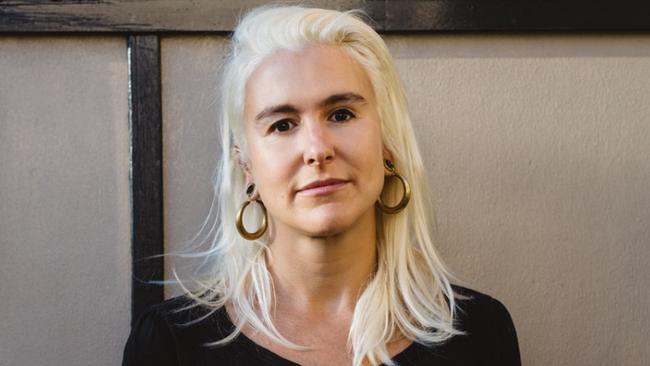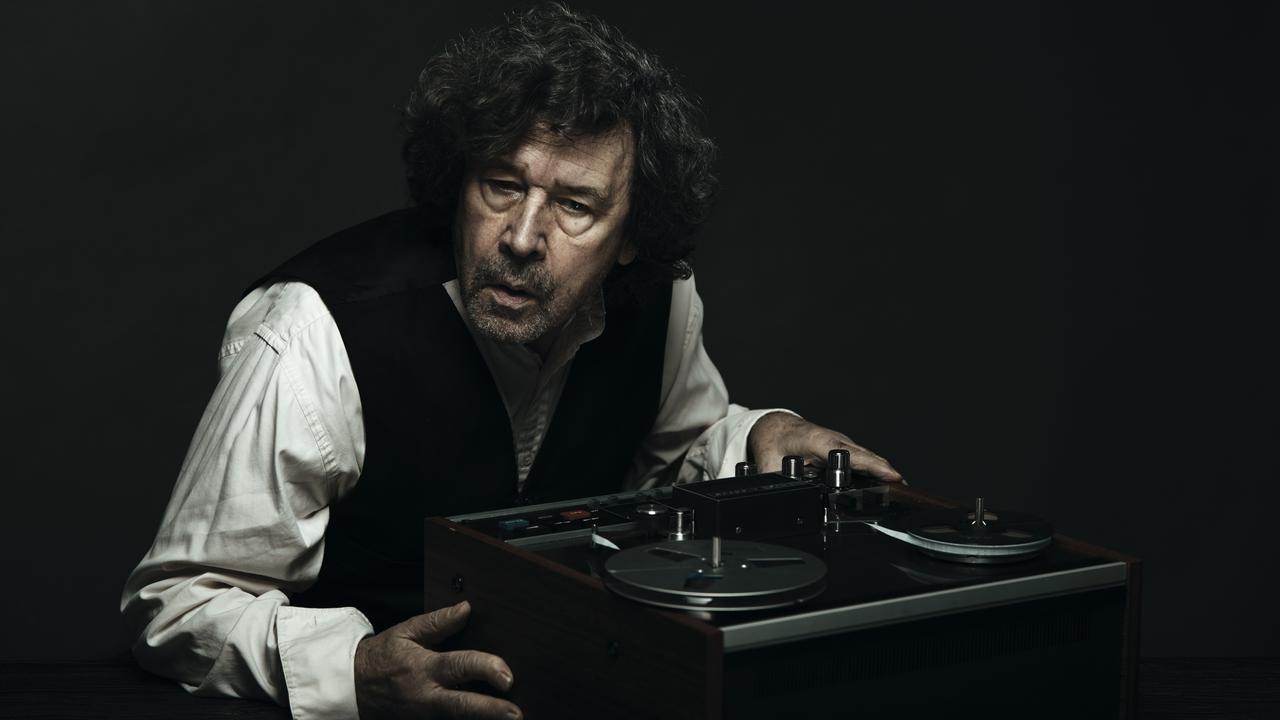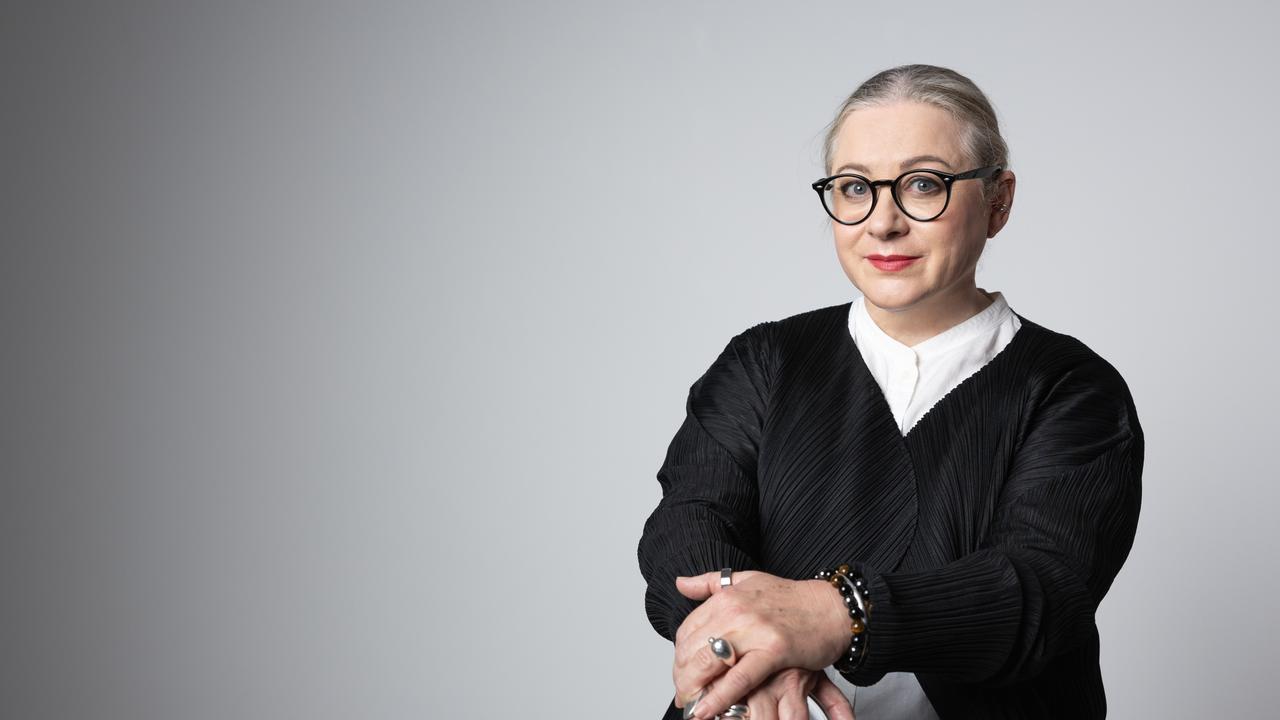Briohny Doyle’s Adult Fantasy: why growing up is hard to do
Briohny Doyle’s Adult Fantasy explores the holy trinity: career, house, family.

‘‘Adult’’ is now a verb. Internet cartoons and listicles prove it’s acceptable for people in their 20s to admit that ‘‘adulting is hard’’. We live with our parents longer, have babies later; we are perpetual adolescents who can’t cook dinner and instead order Uber Eats and post it on Instagram. We spend disposable income on fancy coffees and expensive brunch, which why we can’t afford property. If only we had the perseverance of our baby-boomer parents.
So goes the intergenerational war, enacted across the media. Millennials (aged roughly between 18 and 35) are entitled, frivolous, irresponsible; in return, boomer greed is blamed as being entirely responsible for an overblown housing market.
Rising from the ashes of this tired argument is Briohny Doyle’s Adult Fantasy, a mash of personal essay and cultural criticism that explores the holy trinity of growing up: career, house, family. How exactly does one adult in an era of economic uncertainty?
Doyle is a Melbourne-based academic and writer. Her first book, published last year, was the dystopian novel The Island Will Sink. She’s just turned 34 but had a moment of “adult reckoning” at 30. Propelled by an anxious urge to enact goals of adulthood as her 20s drew to a close, she dreamed of marriage and made drastic changes to her life. After this panic came a question: can these milestones still be reached?
Guided by a lively voice and dark humour, readers meet the people in Doyle’s life: her father (“a journalist and rogue about town”), her partner, her psychologist and perhaps the most important of all, her beloved dog Cassady. We witness her conversations during her casual job as a greengrocer, the alienation of her childhood friend’s wedding, and her own struggle for suitable housing. Through these stories Doyle situates individual aspirations within a harsh economic climate.
Education, for instance, is understood as an investment in a particular future; a student would reasonably expect to be employed in their industry on graduation. But job prospects for degree-holders are declining; full-time employment rates for new graduates in Australia dropped from 56.4 per cent in 2008 to 41.7 per cent in 2014.
Lack of stable employment after graduating incurs further financial stress. Doyle notes that in the US, the cost of tuition has risen 1120 per cent since 1978, and in Australia “degrees are more expensive than ever”. Anyone with a HECS debt would know that this “interest-free loan” increases with the consumer price index every year (I’d love to see a wage increase to match).
Doyle argues that young people are delaying the responsibility of houses, cars and children not because they are emotionally inept, but because these are untenable financial commitments. “Young workers without inherited wealth need more time to save for a home, a family, and retirement, yet many also start with a large debt.’’
This is one example of the way Doyle anchors individual choices within wider societal trends. The media-induced battle between milennials and baby boomers, she writes, “is an attempt to make sense of the dehumanising effects of neoliberalism by ascribing character defects to the young, or immoral greed to the old, and abdicating responsibility for everyone’’.
And this is the crux of Adult Fantasy: the revelation that millennials operate in an evolving, cutthroat world. Our aspirations remain the same but our ability to access them is changing.
The blend of cultural criticism and personal essay is an interesting development in the nonfiction genre. Episodes of the TV series Seinfeld are placed alongside sociologists’ research and conversations with friends, and all are used to explain our collective psychology.
Doyle’s PhD analysed apocalyptic disaster films. She is comfortable discerning meaning from cultural narratives. In this line of thinking, ubiquitous TV programs such as Sex and the City and How I Met Your Mother have similar significance as, say, the history of youth culture. What was once lowbrow entertainment is now a map to understanding social realism.
This collision of cultural analysis with personal essay is an emerging field of nonfiction in Australia. The style, which came of age on pop culture websites, is a regular feature of American nonfiction and exploded in 2015 with Maggie Nelson’s The Argonauts, a reflection on motherhood, identity and queer theory. The literary form has lately expanded here, too, with Jessica Friedmann’s stunning examination of postpartum depression, Things That Helped, and Jenny Valentish’s unflinching look at addiction, Woman of Substances.
Similarly, Doyle critiques culture through self, and is tightly reined in her use of personal anecdotes. This makes a refreshing counterpoint to what is often wildly indulgent and privileged, like Ariel Levy’s The Rules Do Not Apply.
As well as firmly establishing a growing nonfiction genre, Adult Fantasy lets us off the hook a little. Through insightful cultural analysis and wry humour, Doyle uncovers the stressful truth that our choices are shaped by an economic system. Underachievers and white-picket-fence cynics will find a home in this book — even if they can’t afford a real one.
Lou Heinrich is an Adelaide-based writer and critic.
Adult Fantasy: Searching for True Maturity in an Age of Mortgages, Marriages, and other Adult Milestones
By Briohny Doyle
Scribe, 320pp, $29.99


